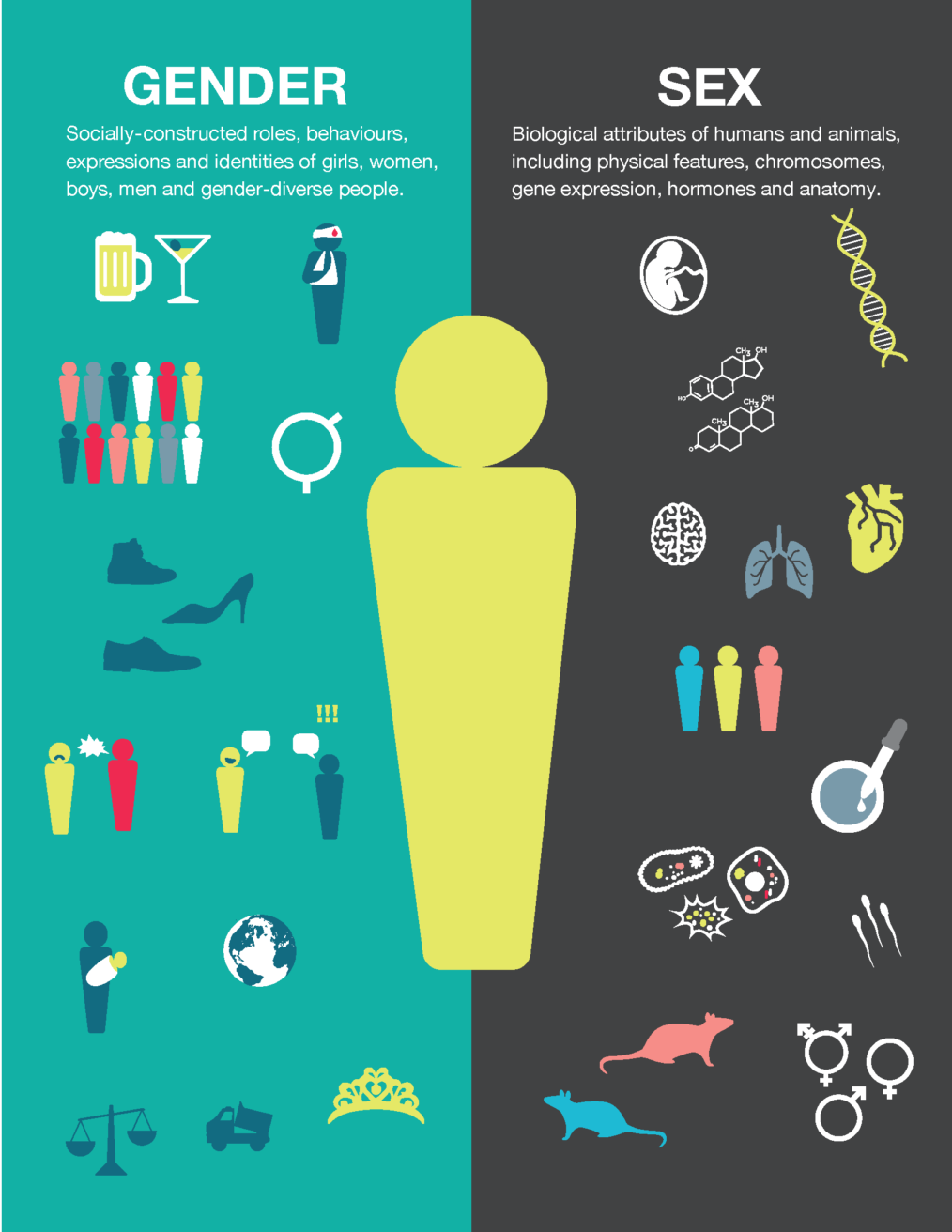Why and how do you measure sex or gender in your research participants? Are you still using a single binary question (male/female), or do you still add the option “other”? Are you aware of the differences between sex and gender? This blog post provides some hands-on best practices tips for including sex and/or gender in your research and for writing about them in an inclusive way.
Read More ›



